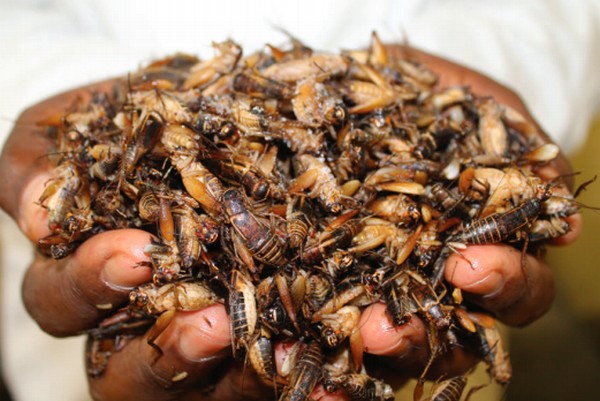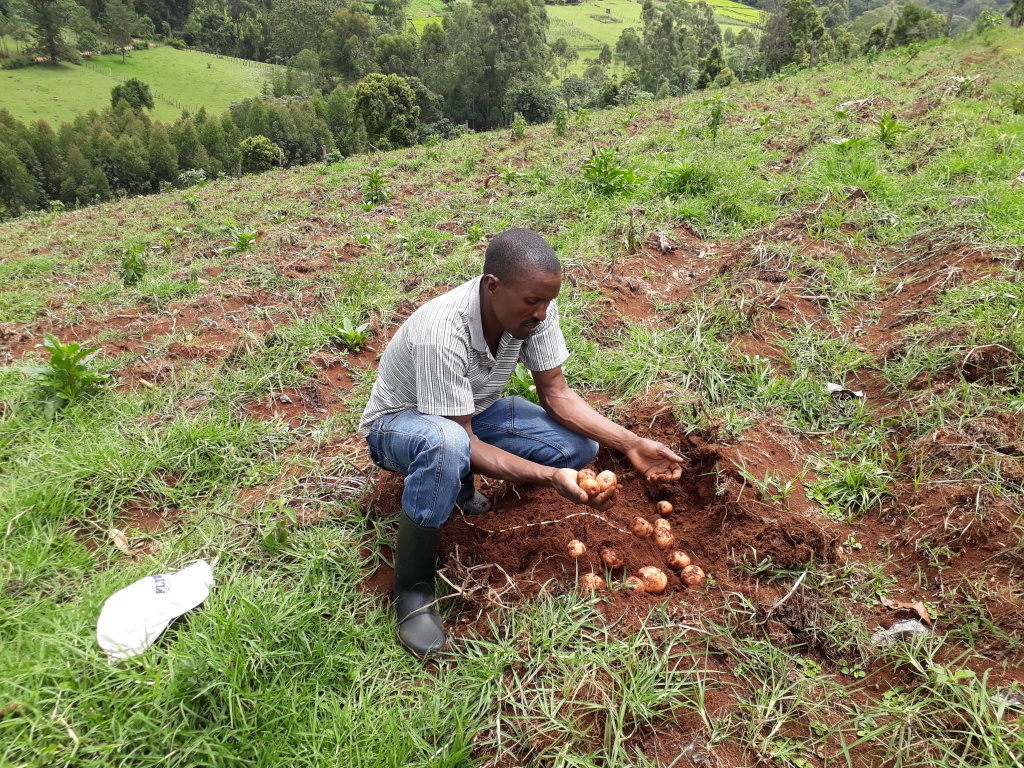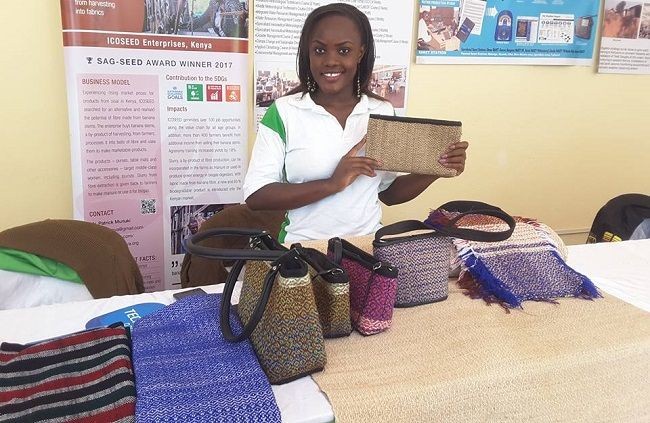The Jomo Kenyatta University of Agriculture and Technology this week trained over 500 farmers on how to set up a cricket farm and the day to day management of the farm in a bid to build the capacity of the farmers on the importance of crickets as a food.
Related content
Eating crickets can end malnutrition in children
Cricket farming for value addition
Free farmers’ training set for 29th November in Kabete
According to the Food and Agriculture Organization (FAO), the global food crisis and malnutrition would be solved if poor families have access to inexpensive food items produced at the household level. The environment would also improve through reducing livestock farming and increasing farming of edible insects.
The training which was conducted from 13th to 15th November 2017 thus seeks to explore the opportunities of cricket farming in Kenya.
“We are spearheading the dissemination of cricket farming and I am confident that the training will produce competent cricket farmers who will eventually be trainers and champions of cricket farming in their various regions” said Prof. Mary Abukutsa, JKUAT Deputy Vice Chancellor in-charge of Research Production and Extension.
“Apart from being a center of excellence on cricket farming, we are also in the process of creating awareness of cricket farming to the food and feed manufacturers to provide a market for cricket products”

A handful of crickets
The university will provide technical support to farmers where needed so as to foster up scaling of cricket farming and utilization as a source of protein in food and feed.
Cricket farming could be a game changer in Kenya’s agricultural sector. Rearing of the crickets can be done easily as the insects use less land, feed and water.
They have a high nutritional value of over 60g/100g dry weight basis, this is higher than that of soybean (by 49 per cent dry weight basis) and beef (by 36 per cent dry weight basis), which are among the common conventional sources of proteins.
The farmers were provided with a handbook which describes some of the common cricket species used in farming and the daily management of a cricket farm including processing for sale and important risks to be taken into consideration.
Write comment (4 Comments)


















